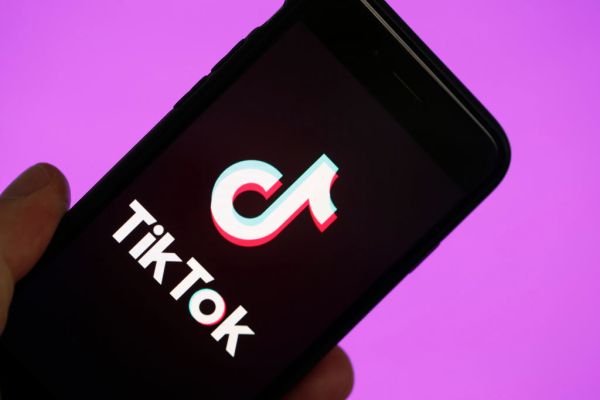Google Announces Android SDK For Wearable Technology

Google has announced that it is releasing a software development kit (SDK) to allow developers to create apps running its Android operating system for wearable technology devices.
Speaking at the SXSW conference in Austin, Texas, the company’s senior vice president of Android, Chrome and Apps,Sundar Pichai, said that an SDK will be available in a fortnight..
“In two weeks we are launching the first developer SDK for Android,” Pichai said. “That will lay out the vision for developers in how we see this market working.”

He said google wants to develop a set of common protocols by which they can work together.
Samsung’s Gear 2 uses Tizen instead of Android, which its predecessor used. Samsung’s Galaxy Gear smart watch did run a version of Android – but after concerns over its interface and battery life, it switched to the Tizen software platform for its latest watch, the Gear 2.
Google Glass is the company’s main foray into wearable so far. The device includes eyeglass frames equipped with a camera and small display controlled by voice command. The product is not yet on general sale but is being tested by selected people.
“Google is taking wearable seriously and it wants everyone else to,” said John Delaney, vice-president of mobility research at analyst firm IDC.
“The industry thinks wearable is the next big thing as sales of smartphones start to plateau in developed markets and this is the latest attempt to build momentum behind it,” he said.
“Google would be a competitor in the market but also an enabler if it helps Android developers.”
Apple is reportedly working on a smart watch that could use the operating system used on its iPhone and iPads.
Android is already the most used operating system on smartphones and more than 1.1 billion devices running Android are expected to ship this year, according to the research firm Gartner.
Geoff Blaber, an analyst at CCS Insight, said it was a logical move for Google.
“From Google’s perspective, it’s essential it introduces some consistency into a fast-fragmenting wearable space,” he said.
“Without consistent software development kit there was a danger that the wearable space would quickly result in a fragmented array of implementations that would make it harder for Google to control and monetize.
“Google is striving to avoid history repeating itself. The early wearable landscape is reminiscent of the tablet market when manufacturers sought to respond to Apple’s iPad by using Android for larger screen devices before Google had fully optimized the platform,” he added.
Extract from: BBC News
#TechTrendsKe @NicKanali



